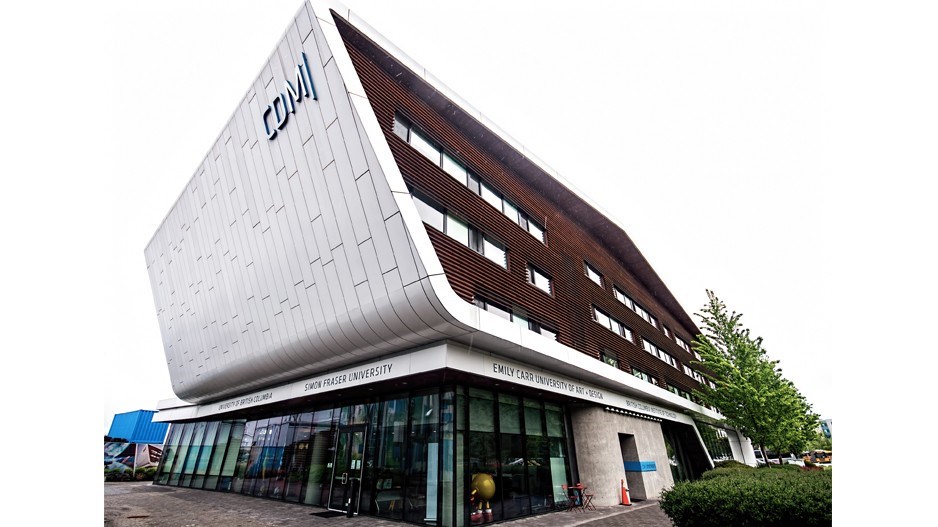While much of the businesses world was in a state of paralysis at the outset of the pandemic last year, Brent Holliday recalls a pall of uncertainty hanging over the tech investor community.
“Every investor out there – whether venture capital, angel investor or a growth equity investor – they were all kind of hiding under their desks saying we’re not doing any new deals,” said the CEO of Vancouver-based Garibaldi Capital Advisors Ltd., which provides mergers and acquisitions (M&A) and capital-raising advisory services to tech companies.
But within a two-month span in 2021, four B.C. tech companies had landed enough investment dollars to garner $1 billion valuations.
“I’ve never seen anything like this,” said Holliday, a former venture capitalist.
“You went from scared [investors] to this kind of greedy fox attitude from the investors.”
David Raffa, president of Valeo Corporate Finance Ltd., said Vancouver’s tech sector is benefiting from private equity firms swimming in cash amid the pandemic, while credit markets are wide open and interest rates are at record lows.
Raffa, whose Vancouver-based firm provides services for M&A and initial public offerings, and Holliday both believe more B.C. companies will be getting $1 billion valuations by year’s end.
So has the B.C. tech ecosystem reached a true inflection point – one that can be sustained – or has the past year been a pandemic-induced fluke that well-positioned companies have been able to seize on?
“Vancouver has been known as a decent-sized technology hub. Certainly not one of the largest in the world, but certainly also not a backwater,” Raffa said.
“We fought that battle 20 years ago, getting the message out.”
The city, he said, had been building up its tech credentials for a long time leading up to this past year’s burst of activity.
A November 2020 report from real estate services firm CBRE Group Inc. reveals Vancouver now boasts a pool of 84,900 tech workers at its disposal, while 27,500 of those highly sought-after workers have been added over the last five years alone.
And access to highly educated talent that is paid less than their American counterparts has proven to be a draw for international firms such as Amazon.com Inc. (Nasdaq:AMZN) and Microsoft Corp. (Nasdaq:MSFT) – the two largest occupiers of downtown real estate, according to CBRE.
The report found that average wage and rent obligation for a typical tech firm over a one-year period tallies in at $39.8 million in Vancouver compared with $82.3 million for the San Francisco Bay Area.
Those calculations are based on average gross rent of 75,000 square feet, average wages paid out to 250 tech workers, average wages paid out to 211 non-tech support staff and average management wages paid out to 39 people.
Hamed Shahbazi, CEO of Well Health Technologies Corp. (TSX:WELL), said the local tech sector also benefited significantly from uncertainty over U.S. immigration policies during the Donald Trump administration.
U.S. firms couldn’t count on bringing in international talent as they had done before and instead turned to satellite offices in Canada, where more progressive immigration policies could match the need for workers.
“Before the Trump years there was a bit of a brain drain happening from Canada. And it feels like that stopped and reversed itself,” said Shahbazi, whose Vancouver-based tech company is the third-largest provider of electronic medical records in the country.
Prior to Well Health Technologies, Shahbazi served as CEO of TIO Networks Corp., overseeing the fintech’s $300 million sale to PayPal Holdings Inc. (Nasdaq:PYPL).
“Once the ecosystem matures, people start to see the quality of the work increase and there’s better advisers. It’s not just about capital,” he said.
“This is where [Silicon] Valley is just so ahead of everyone else. There’s just so many people who had been successful, and then they start to mentor and provide that assistance.”
Meanwhile, a May 2021 report commissioned by the Greater Vancouver Board of Trade reveals the province’s biotech sector has been exceptionally active the past year with a record-breaking US$1.58 billion raised on the capital markets.
“One of the reasons we were so successful over the last year is because we do have world-class science that people want to invest in,” said LifeSciencesBC CEO Wendy Hurlburt, whose industry group advocates on behalf of the local biotech sector.
“Sometimes we don’t recognize how strong we are. So capital follows the world-class talent, and they also follow world-class discovery.”
In years past, Holliday said the tech sector had been held back to a certain degree owing to the lack of available talent based in the city.
“Getting big financings in companies like Hootsuite [Inc.], BuildDirect [.com Technologies Inc.], etc., 10 years ago helped fuel a broader talent pool we have,” he said.
“At some point, this will turn. … Inflation comes back, the stock market gets killed, the exits sort of peter out because the IPO market dries up, the M&A people sort of start to hoard their cash and wait. That inevitably will happen, but for now, for the next 12 months in front of us at least, I see us being very busy.” •




